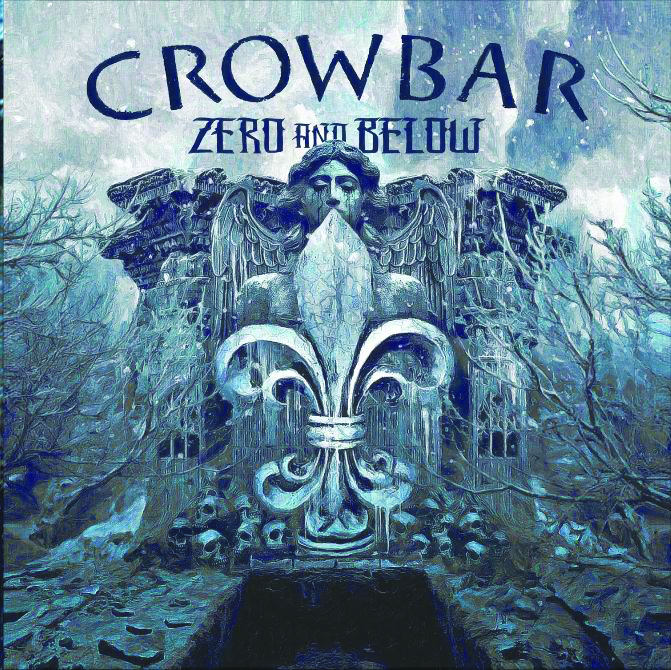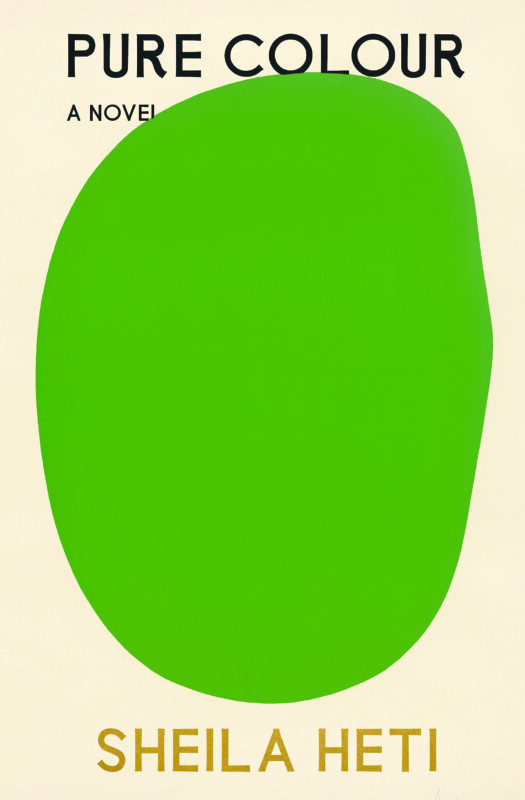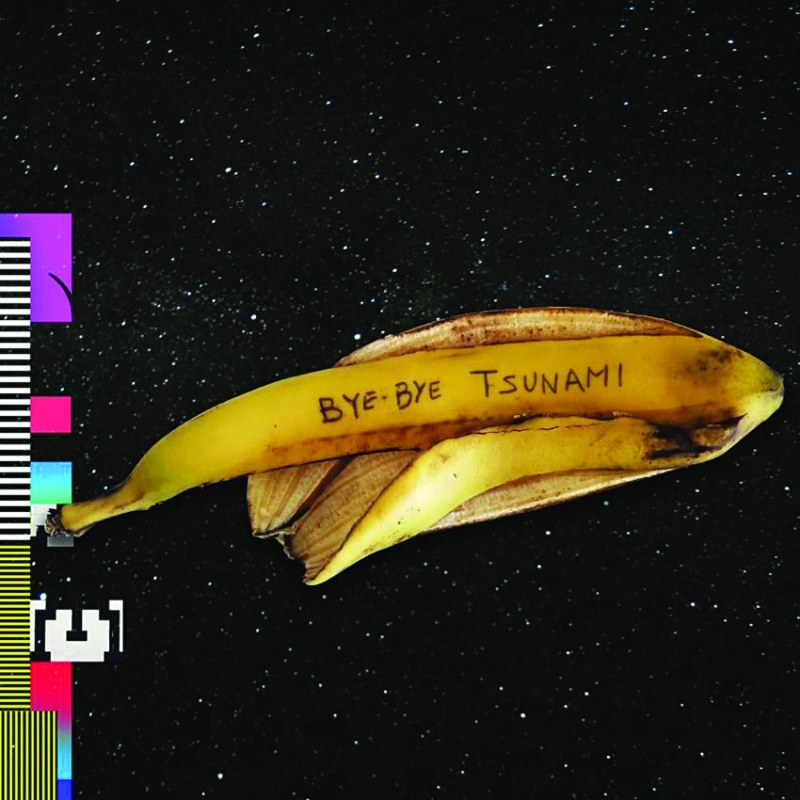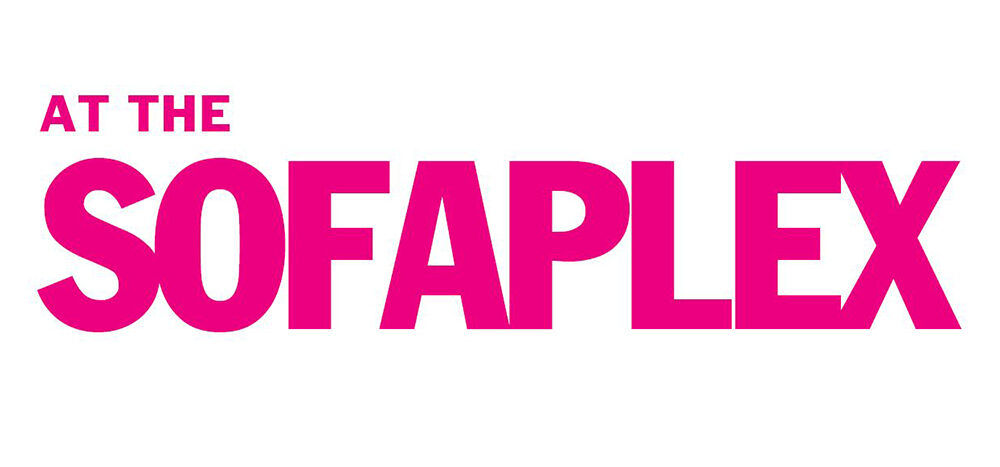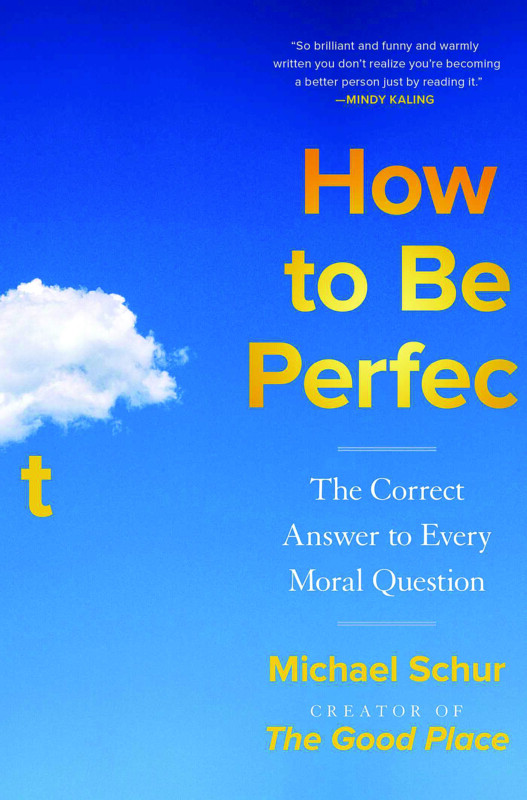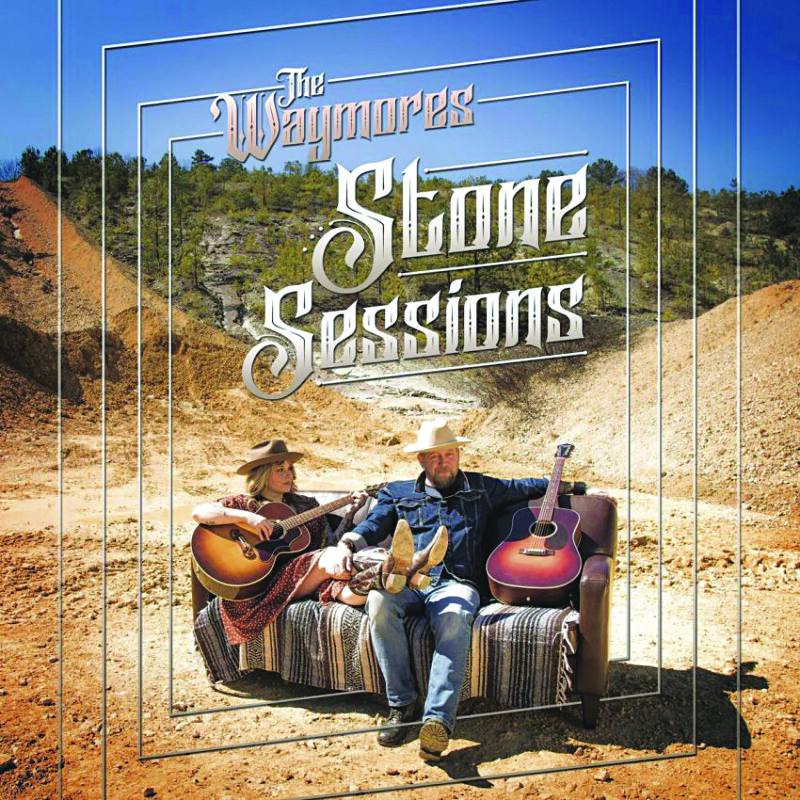Crowbar, Zero And Below (Mnrk Records)
’Twas only by accident that I ever discovered this New Orleans mud-metal band for myself in the first place, and for that, you’ll have to indulge a little inside baseball, apologies in advance. In 2005, around the second year I’d decided to moonlight as a music reviewer, Candlelight Records was sending me every CD they released. Those albums were never any good, and I was just about to swear off them, but I was trying to fill a column and ended up with Crowbar’s Lifesblood for the Downtrodden in my car. I couldn’t believe how awesome it was, Kirk Windstein’s ragged, uniquely badass voice and sludge riffage blasting into my face like a Frankenstein’s monster that had a personal gripe with me. You have to hear these guys to believe it, and the tradition continues here, in their 12th album, starting with “The Fear That Binds You,” a brand-flaunting exercise that sounds like early Mastodon covering Paranoid-era Black Sabbath. Windstein’s voice isn’t as insane-sounding as his “Slave No More” days, but that really shouldn’t stop you; if you’re a rivet-head who’s never heard these guys, your life is incomplete, trust me. A+
Birthday Massacre, Fascination (Metropolis Records)
This Canadian goth-techno band is still, at least to me, the gold standard for spooky 1980s ghost-pop. Some critic wrote that their 2007 full-length Walking With Strangers is the “Sgt. Pepper’s of Dark Wave,” and I’d have to agree; it’s still an unsurpassed mix of Missing Persons and Depeche Mode, the perfect dance tuneage for an ’80s-themed Halloween party. But notice I said it’s still “unsurpassed,” which is a bit of a run, there, because this crew should have surpassed it a long ago, and, well, they haven’t. The band tried some KMFDM stylings that fell flat; singer Chibi is no raging Lucia Cifarelli and should never have tried it on for size, but anyway, that brings us up to date, and to this album, which does start out on a cool-enough note with a sparkling rawk ballad in the title track. Definitely more of a pop edge than on the last few records, which is where they should be; it’s definitely their best since WWS, but all that means is WWS is still, you know, unsurpassed. A
PLAYLIST
• March 18 is our next all-purpose album release date, when you can wait outside the record store for the guy in the truck to dump out all the albums, where they will find homes in people’s cars, where the delicate CDs will eventually wind up getting Wendy’s mayonnaise spilled on them and thrown away, which is what you should do with most of those albums in the first place, use them as little single-serving plates for fast food. So that brings us to Georgia Gothic, the new album from Mattiel, a band from Atlanta that’s fronted by its namesake, Mattiel Brown, who sounds like a cross between Nico and Siouxsie Sioux, not that that means they’re forgiven for making such boring music. Take for example teaser single “Jeff Goldbum,” a tune that sounds like Garbage but without any hook whatsoever, just a medium-tempo Rolling Stones-ish groove that wanders around aimlessly looking for spare change on the street and then, finding none, ends as uneventfully as it began. Punchline to this bit is that the band played this dumb tune on Stephen Colbert’s late night TV show, which proves once and for all that Colbert needs to find some act-bookers who don’t take the first bribe some indie label (ATO Records in this case) extracts from their trenchcoat and slides over to them at the greasy coffee shop. I mean, don’t get me wrong, this would be awesome stuff if it were the first time I’d ever heard music played on an electric guitar, it’s all good, man.
• Midlake is a funny little indie-folkie-ish band from Denton, Texas, and they seem to be something of a big-hitter, an up-and-coming band on the AOR/yacht-rock scene! The band’s new LP, For The Sake Of Bethel Woods, is coming out in just a few hours and features the single “Bethel Woods,” a tune that’s sort of like if Guster had a baby with some sleepy-time 1980s AOR band like Bruce Hornsby, like there’s a sort-of-driving piano line and a hook meant for driving around in the rain looking for a 7-Eleven. It’s boring, in other words, but like I hinted, there’s money behind these guys, so the video for the tune features none other than Hollywood second banana Michael Pena, who’s just walking around the city looking kind of intense, and — wait a second, is that Trinity from The Matrix? Nope, it’s a younger Trinity, and now they’re in a church and there’s a wedding. No, wait, it’s a baptism. Nope, hold it, it’s a funeral, and now Michael Pena’s running around on the streets having memories of being a young boy or whatever. I’d rather peel potatoes for a month than ever have anything to do with this band again, honestly.
• Babeheaven is a pair of British girls who started their career as youngsters, and now no one seems to know what they are exactly. Run a search for the band’s name and you get “they’re R&B,” “they’re dream pop,” and of course Pitchfork’s “bedroom indie,” which does make sense I suppose. Whatever, blah blah blah, they’re “more mature” now, which means they have their own smartphone bills to deal with or something, I guess. The new LP Sink Into Me is kicked off by “Make Me Wanna,” which would have been a cool Portishead-ish chillout, but the tandem appearance of a crummy cheese-synth and none-too-smooth rapper Navy Blue had me bailing after about two minutes. Hard pass.
• We’ll close this out with Sonic Youth’s In/Out/In, which features unreleased tuneage from 2000 to 2010. Keeping in mind that the band peaked in 1983, I was naturally none too thrilled with “In And Out,” which comes off like a Tangerine Dream throwaway, but all the power to you if you’re a Sonic Youth completist; enjoy.
If you’re in a local band, now’s a great time to let me know about your EP, your single, whatever’s on your mind. Let me know how you’re holding yourself together without being able to play shows or jam with your homies. Send a recipe for keema matar. Message me on Twitter (@esaeger) or Facebook (eric.saeger.9).

